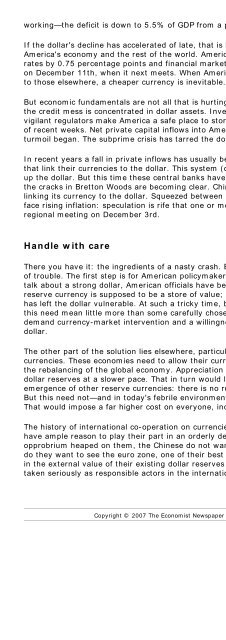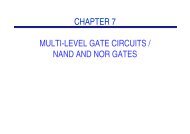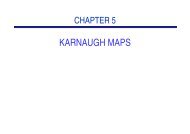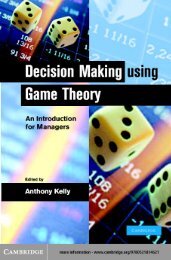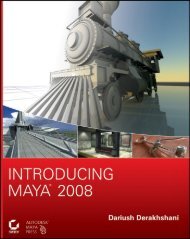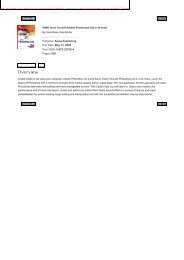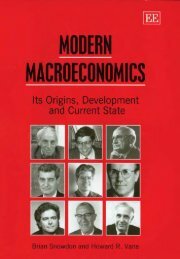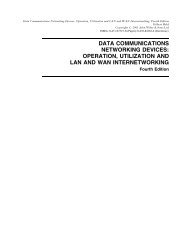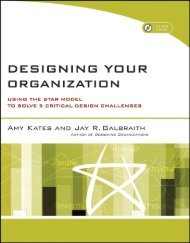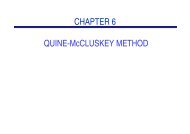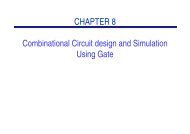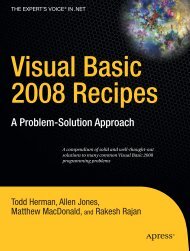The Economist December 1st 2007 - Online Public Access Catalog
The Economist December 1st 2007 - Online Public Access Catalog
The Economist December 1st 2007 - Online Public Access Catalog
- No tags were found...
You also want an ePaper? Increase the reach of your titles
YUMPU automatically turns print PDFs into web optimized ePapers that Google loves.
working—the deficit is down to 5.5% of GDP from a peak of almost 7%.If the dollar's decline has accelerated of late, that is largely because of the cyclical divergence betweenAmerica's economy and the rest of the world. America fears recession; the Fed has already cut interestrates by 0.75 percentage points and financial markets are convinced that it will cut another quarter pointon <strong>December</strong> 11th, when it next meets. When America's growth prospects and interest rates fall relativeto those elsewhere, a cheaper currency is inevitable.But economic fundamentals are not all that is hurting the dollar. <strong>The</strong> currency is also suffering becausethe credit mess is concentrated in dollar assets. Investors' conviction that transparent markets andvigilant regulators make America a safe place to store money has taken a battering from the revelationsof recent weeks. Net private capital inflows into America seem to have evaporated since the creditturmoil began. <strong>The</strong> subprime crisis has tarred the dollar as a subprime currency.In recent years a fall in private inflows has usually been offset by central banks in emerging economiesthat link their currencies to the dollar. This system (often known as Bretton Woods II) has thus proppedup the dollar. But this time these central banks have been less willing to take up the slack. Right on cue,the cracks in Bretton Woods are becoming clear. China is routinely attacked in America and Europe forlinking its currency to the dollar. Squeezed between rising oil prices and the falling dollar, the Gulf statesface rising inflation: speculation is rife that one or more of them will modify their currency pegs at aregional meeting on <strong>December</strong> 3rd.Handle with care<strong>The</strong>re you have it: the ingredients of a nasty crash. But self-interest and sensible policy can cut the oddsof trouble. <strong>The</strong> first step is for American policymakers to pay more heed to their currency. For all theirtalk about a strong dollar, American officials have behaved as if they cared little about its worth. Areserve currency is supposed to be a store of value; by running a huge current-account deficit Americahas left the dollar vulnerable. At such a tricky time, benign neglect will no longer do. For the moment,this need mean little more than some carefully chosen words. If the slide becomes chaotic, it coulddemand currency-market intervention and a willingness to hold back interest-rate cuts for the sake of thedollar.<strong>The</strong> other part of the solution lies elsewhere, particularly with those countries with dollar-peggingcurrencies. <strong>The</strong>se economies need to allow their currencies to rise, both to curb inflation and encouragethe rebalancing of the global economy. Appreciation would mean that these countries accumulated newdollar reserves at a slower pace. That in turn would lead to a loss of the dollar's pre-eminence and theemergence of other reserve currencies: there is no rule to say you can have only one reserve currency.But this need not—and in today's febrile environment must not—mean dumping existing dollar reserves.That would impose a far higher cost on everyone, including the dumpers.<strong>The</strong> history of international co-operation on currencies is patchy. But China and the oil-rich Gulf stateshave ample reason to play their part in an orderly decline of the dollar's dominance. Despite theopprobrium heaped on them, the Chinese do not want to see the Fed's hands tied by a dollar crisis; nordo they want to see the euro zone, one of their best markets, slow sharply; and they have little interestin the external value of their existing dollar reserves plunging. Beyond all that, China's leaders want to betaken seriously as responsible actors in the international system. Now is their chance.Copyright © <strong>2007</strong> <strong>The</strong> <strong>Economist</strong> Newspaper and <strong>The</strong> <strong>Economist</strong> Group. All rights reserved.


